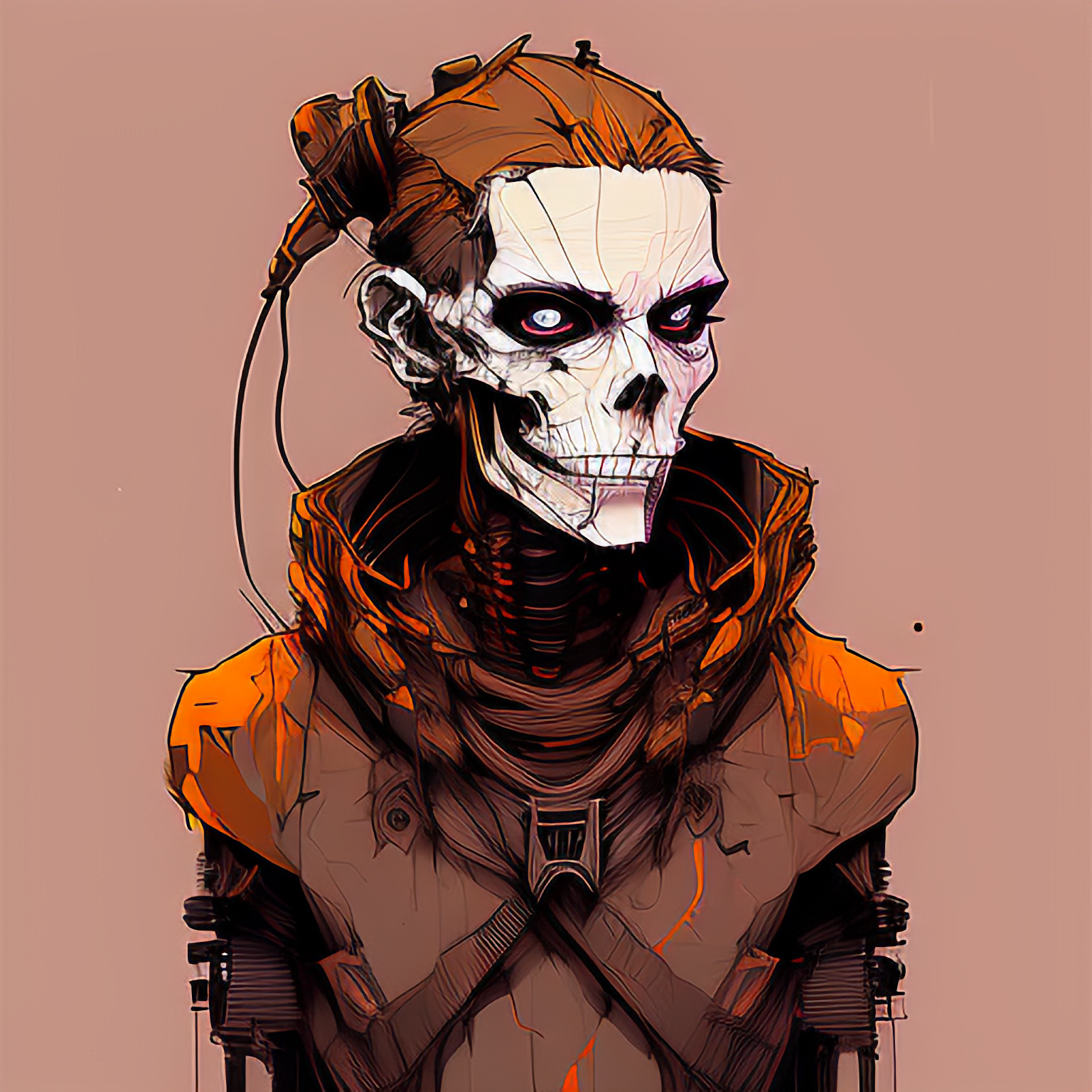- cross-posted to:
- [email protected]
- cross-posted to:
- [email protected]
Now you’ve got me wondering if anyone has recreated /r/shermanposting yet. Off to search for it!
deleted by creator
They really weren’t, though.
Yeah, the Panzer III was better than a lot of the early-war British and French tanks, but that isn’t really saying a whole lot and it didn’t have any room left to grow after the long 50mm upgrade. It was arguably the best all-rounder tank in the world in 1939 with its torsion bar suspension and great ergonomics, and its chassis endured right to the end of the war in the form of derivatives like the StuG, but it wasn’t exceptional in any way.
The Panzer IV became a pretty good medium tank around 1942-3, but by then the T-34 had overcome the worst of its early teething problems and received a less awful turret, and the M4 Sherman, which totally outmoded the Panzer IV was entering production. Plus it was still ultimately a 1930s design (if a rather forward-looking one) with crappy suspension.
The Tiger I was a pretty good heavy tank for 1942 but still, ultimately, just a heavy tank. It was never intended to be a mass-production vehicle making up the bulk of a fighting force. It was a specialised tool that did its job pretty well, not a battle-winning wunderwaffe.
The Panther was a 45-ton tank made out of parts designed for a 30-ton tank. Reasonably quick in a straight line, handled nicely when it worked, solid medium-calibre gun but it broke down frequently and was quite maintenance-intensive - this was less of a problem on the specialised Tiger I than on the Panther, a tank intended to replace the Panzer IV as the standard tank of the German army.
The Tiger II was frankly insanity. All the Tiger II really needed to be was a streamlined Tiger I with sloped armour, a longer gun and a redesigned turret. Instead, it became an immobile 70-ton brick that was never available where it was needed and was generally a total waste of resources. Let’s not even talk about the Jagdtiger.
Sure, the Germans had some very effective guns - the L/70 and the 88s - but it’s not like nobody else did. The British ended up with the very effective OQF 17-pounder, the Americans actually had the 76mm M1 and its derivatives pretty early on but didn’t much use it because the 75mm was more than “good enough” until Panthers started appearing in large numbers, and the Soviets had their own very effective 85mm and 100mm guns.
The 128mm on the Jagdtiger was frankly absurd overkill considering the long 88 was already eminently capable of putting down the bulk of Allied armour at long ranges; the Jagdtiger really doesn’t offer much advantage over a Jagdpanther in practical terms outside of hypothetically fighting Allied counters to the Jagdtiger like the Tortoise, IS-4 and the various American super-heavies (T28/T95, T29,30,34). At least the IS-2’s 122mm cannon had the excuses of being an expedient use of surplus equipment and the larger shells being a better fit for infantry support since they could fit more HE filler.
I’ve heard that a Tiger II took more manhours to complete than an American heavy bomber.
I can definitely believe that. America’s wartime production was incredibly well-standardised and every part was optimised to take as few man-hours as was feasible to produce. German production of everything from rifles to tanks to aircraft still involved a good amount of hand-fitting late into the war by contrast.
I mean Sherman’s have a better K/D than Tigers and Sherman’s actually were repairable.
Yes, since Shermans had to be shipped across an ocean they made them repairable in the field. It doesn’t matter how good your gun is if your track breaks and you can’t move. German tanks were more complicated and much harder to repair.
Also guns don’t matter if the enemy has 2 or 3 times your numbers.
Also, USA tanks’ M O D U L A R I T Y
There’s a Sherman for everything.
German tanks still best cannons.
Heard you talking shit about my 17-pounder.
Are you kidding? Tanks for nothing, man.






